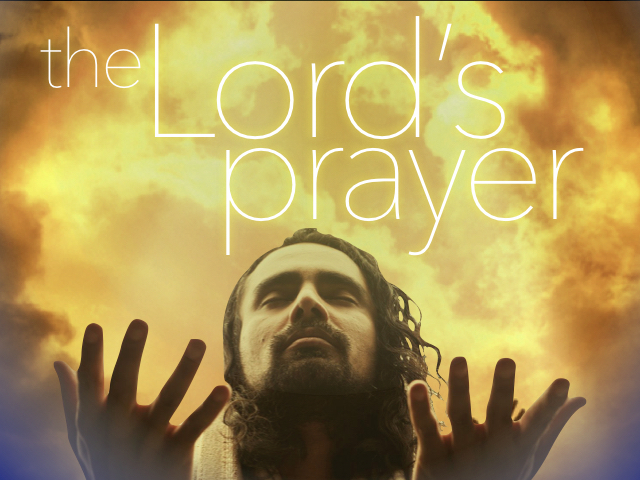
Matthew 6.12,
Luke 11.4.
Years ago I was a member of a multi-church small group. Its members were Christians all over town, from various
Anyway one of the unifying things we did was, at the end of each meeting, we’d say
Except… well, translations. Most of us have it memorized in either the Book of Common Prayer version or
Spot the differences.
|
|
Some of these differences go largely unnoticed: “Who art in heaven” and “Which art in heaven” is a minor difference in pronunciation, same as the “on earth” and “in earth.” There’s a bit of confusion at the end when the
But the real hiccup is where the
At first you might think (’cause some have): “Well the Lord’s Prayer is also in Luke, so let’s see what word Luke used,” but that’ll just frustrate you: Luke has Jesus say,
Luke 11.4 KJV - And forgive us our sins; for we also forgive every one that is indebted to us.
So Luke gives us half a vote for “debts,” because the second part of the verse describes debtors. But it doesn’t matter what people are voting: Those who say the Book of Common Prayer version have a really strong traditional bias in favor of “trespasses,” since it’s what they’ve been praying all their lives, every time they recite the Lord’s Prayer. And those who quote the King James Version have a likewise strong traditional bias in favor of “debts,” because it’s what they’ve been praying all their lives… and I’m not gonna even get into
Okay. Is this minor difference of wording a big deal? Of course not. But not every Christian
And somehow they don’t notice everybody is pretty much saying whatever translation of the Lord’s Prayer they’re accustomed to saying anyway: For one second of cacophony, the
And y’know what? That’s okay.
And y’know what else? If it’s not okay—if it’s making you nuts—go back and read the Lord’s Prayer again: “As we forgive those who trespass against us,” or “As we forgive our debtors,” or “As we forgive every one that is indebted to us.” We’re supposed to forgive the people who “say it wrong,” same as




